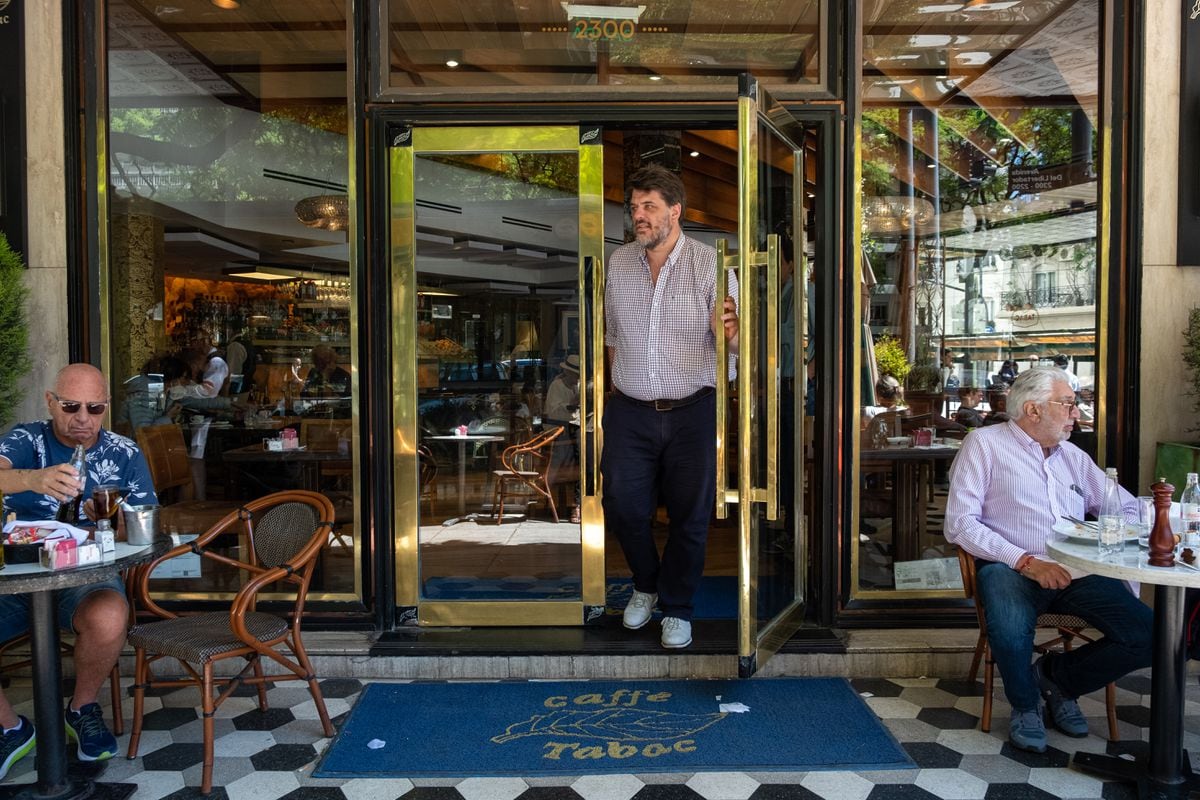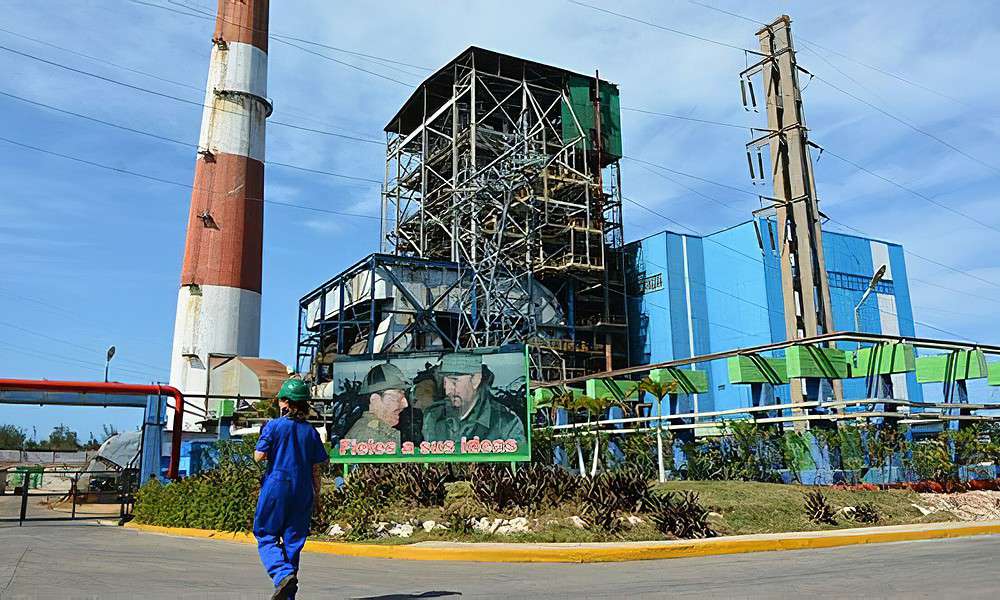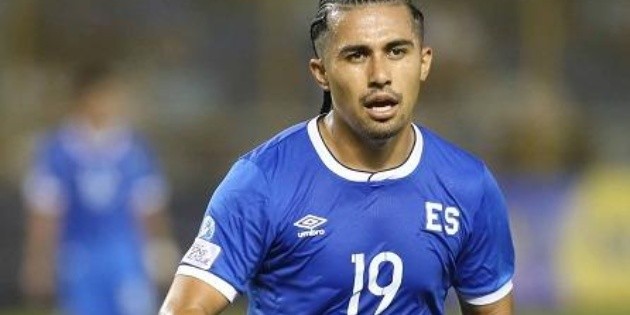The Colombian government, led by President Ivan Duke, responded to the attacks by Nicaraguan President Daniel Ortega through its foreign ministry, accusing the country of being “narco-state” on Thursday, December 16th. . ”This is the response of the Duke administration ⁇Colombia is a state of law, unlike what happens in Nicaragua..
According to an official statement issued by the Ministry of Foreign Affairs, Colombia “enjoys solid institutions, healthy devolution, freedom of expression and political participation, national and foreign investment in all sectors, leading us in growth.
He used his response to express his deep concern over the strategy that Ordega had decided to use, which in his opinionTo divert the attention of the international community, which vehemently rejects the new dictatorship established in Central America. The rejection of neighboring countries also creates a regional concern about the risk that the people of Nicaragua today face the horrors of immigration, uprooting, loss of liberty and abject poverty that Venezuela and Cuba experience.
Ortega raised the question in his speech at the graduation ceremony of police officers “If human rights are permanently violated in Nicaragua, Colombia can talk about any discipline about human rights in Nicaragua.”
Colombia was one of the countries that voted in favor of resolutions approved by the Organization of American States (OAS) on the situation in Nicaragua. It was also one of 25 countries that did not know the legitimacy of the November 7 referendum, in which the Supreme Electoral Council appointed Ortega as president, while his opponents were imprisoned. He voted in favor of the resolution on December 8, concluding that Nicaragua did not respect its obligations to the Democratic Charter of the United States.
“Distraction Attacks and International Censorship”
In the face of numerous international demands for free and open elections in Nicaragua, the Foreign Ministry confirmed the need to restore the legitimacy of opposition political parties and release imprisoned opposition candidates – the seven candidates Ordega holds. He has been in jail since last May – to achieve what the whole world has seen in that country is the fraud of non-competitive election simulation,Ortega’s response is aimed at diverting Colombia’s attention and diverting international censorship from its overall illegality..
The Duque government called the quality of democracy in Nicaragua “the size of its dictator,” so the world’s democrats will continue to urge the international community to impose sanctions on all members of the Nicaraguan regime.
Distinguishing in hawk
On October 1 this year, the International Court of Justice (ICJ) in The Hague finalized the public oral hearing of the Nicaraguan case against Colombia. “Violations of Sovereignty and Maritime Areas in the Caribbean”, In which the Nicaraguan Security Council made its last intervention. Via hack A statement It has been informed that it will now begin its discussion and the judgment of the court will be pronounced at a public hearing and the date will be announced in due course.
According to experts, the case is known to take up to six months. In the letter, the ICJ outlined a summary of three hearings held this week, one of which this Friday, in which Nicaragua promised to provide its final communications on Colombia’s counter – claims.
read more: How long did it take for the Hague to form a regime in the Nicaragua-Colombia conflict?
A dispute between the two countries erupted in November 2013 over a new lawsuit filed by Nicaragua in which Colombia violated international law by asking the ICJ to declare that Nicaraguan “used force in the seas and maintained its presence in maritime zones”. Granted to Nicaragua in the 2012 judgment and the issuance of the 2013 decree, which created the so-called Integrated Continuity Zone.
In 2012, the ICJ settled an open dispute since 2001 and established new maritime borders between the two countries. The supreme judicial authority of international law granted Nicaragua thousands of square kilometers of Colombian waters and left the Colombian islands embedded in Nicaragua jurisdiction.
Colombia without ambassador to Nicaragua
July 28, The Colombian government has summoned its ambassador to Nicaragua Alfredo Rangel for advice, In the rejection of the arrest of enemies that has taken place in recent months in the country. In a statement, the State Department said Ambassador Rangel’s call was a response to “formal harassment of political opposition, the press and community leadership in Nicaragua.”
Mutually, on August 9, Rosario Murillo, the appointed vice president and spokesman, announced that he had called for regime consultation with its ambassadors in Colombia, Costa Rica, Argentina and Mexico.
Most recently, on December 10, the Ordega regime issued a 208-2021 presidential agreement in La Gazette, which rescinds the appointment. Yara Suhyén Pérez Calero, Nicaragua’s Outstanding Ambassador to Colombia, was inaugurated on February 3, 2016.. The agreement comes into effect on December 31.


:quality(85)/cloudfront-us-east-1.images.arcpublishing.com/infobae/WUGWUZQIQRG3XNMV3Z23NPAW2I.jpg)


